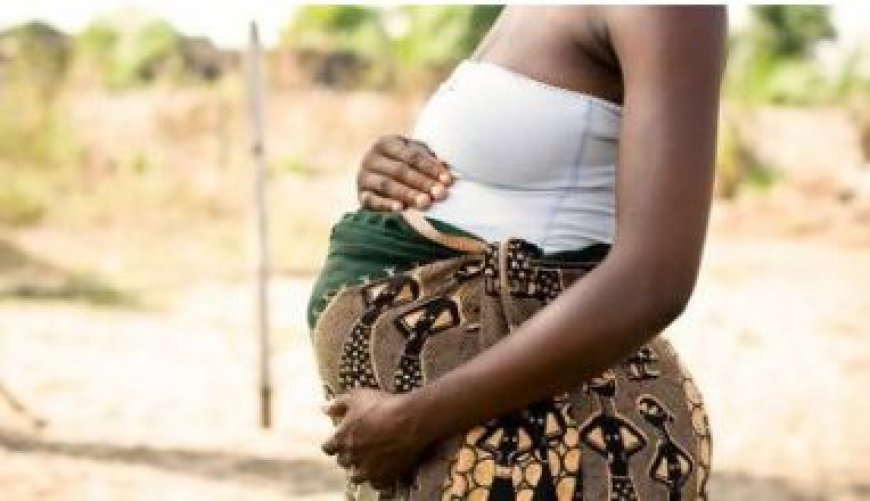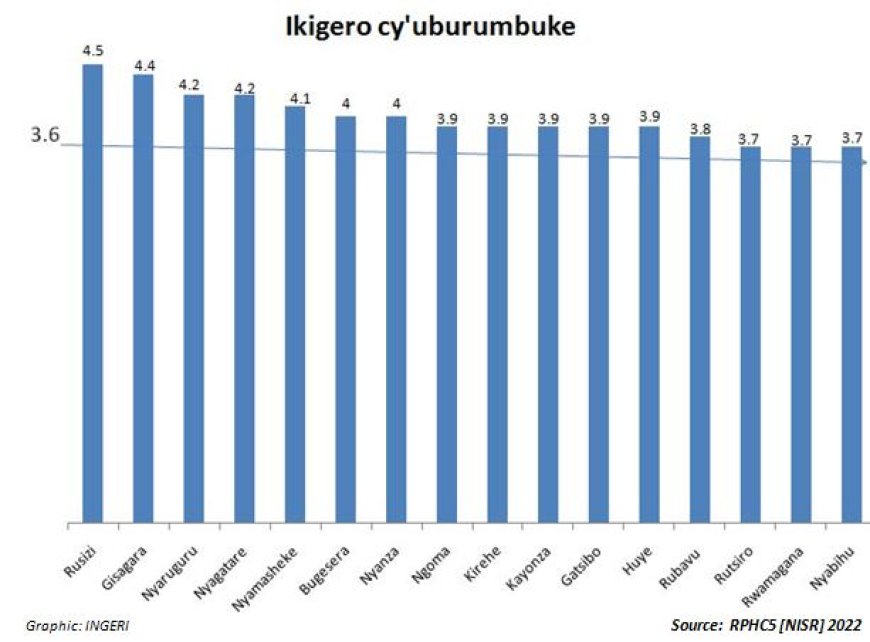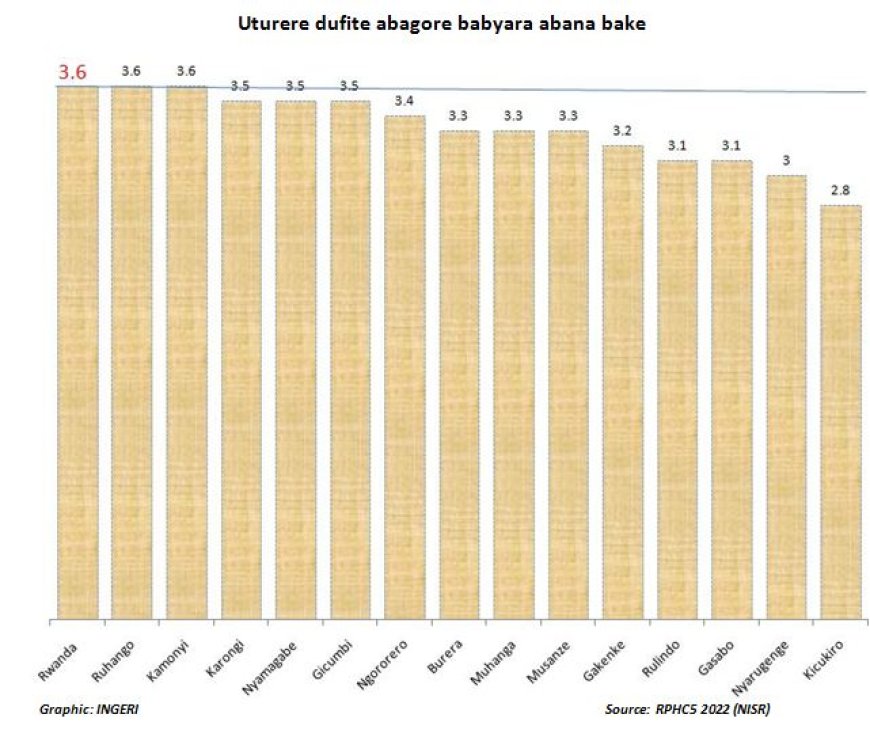What is behind unwanted pregnancy in married couple in Rwanda?
It is hard to understand that couples can have unplanned children when they get married in order to expand the family and well-being! But some people must ask themself when this could happen.

Usually when a woman wants to have a child to build her family, that is much easier than anything else than adopting a child. Often these people are unable to use contraceptives that can help them to produce the desired number of children as spouses. You can only wonder when a man and a woman have an unwanted pregnancy.
Unplanned/unwanted pregnancies often occur when a couple has a pregnancy that they did not want or were not ready for. These pregnancies may also contain unwanted or miscalculated.
Dr. Gahire Hubert; the person in charge of reproductive health and sexual education in the family of medical students in Rwanda [Medisar] says that unwanted pregnancies can happen even when one of the spouses does not want it.
"It is possible even when there is a pregnancy that one of the spouses did not want, and they say, 'I want not to continue with it,'" he said.
Although the pregnancy was miscalculated, Dr. Gahire says "We include pregnancies that can occur when there is a use of birth control, they say that we have given ourselves a certain period of infertility but they do not get pregnant. Or they used the natural method of counting [a woman's menstrual cycle] but they did not get it."
A study by the National Institute of Statistics [RDHS 2020] shows that out of 100 women of reproductive age [15-49], 64 of them use some form of contraceptives [58 use modern methods]. Only 14 of them found that the method they chose did not fit their body, which could increase the risk of unplanned pregnancy.
On the other hand, a study conducted by the University of Rwanda in 2010 aimed at showing the causes and consequences of unplanned and aborted, showed that out of 100 women of the same age as we mentioned, at that time 37 were the ones who got pregnant against their will.
"Planned pregnancies are more obvious when you talk to couples about the number of children they want to have during their marriage and the number they have had, " Gahire said.
"A survey conducted in Rwanda showed that people who are going to get married, those who recently got married said they want to have 4 or 5 children, but most of them indicated that they want to have 3 or 2 children. But if you look at most married households, they have between 5 children and 6. You understand that they have passed on one or two children they didn't want to", he added.
This is also supported by NFPA research that shows that one in 10 women has an unplanned pregnancy, and there is a documentary showing that out of 1000 women between the ages of 15-44, 114 of them may have an unplanned pregnancy.
And those unplanned can result in unplanned children, and those who go on the road, and become a burden to the State and society.
"This is mainly due to the misuse of birth control or having unprotected sex when a woman is pregnant, " Gahire said.
In the rural areas, most gave birth to more than 4 children.
According to a study conducted by the National Institute of Statistics in Rwanda [NISR] in 2022 [RPHC5], the fertility rate of Rwandan women in their productive life is 3.6. While the rate varies according to the women’s highest educational level attended.
This study shows that Females with a secondary level of education or above have 3 children [ 3.4] per woman, while those with a primary or post-primary level of education have the highest level of fertility with a TFR of 4 children per woman [3.9].
On the other hand, the RDHS 2020 survey conducted by this institute shows that half of the married women expressed their desire not to have more children during their honeymoon.
Rusizi District has the highest level of fertility rate where women give birth to many children (5 children [4.5]).

On the other hand, the women who live in North Province give birth to lower children in their productive life, as those who are in Kigali city, because they give birth to the lowest, according to the national fertility rate, where at least every woman gave birth to 3 children.
Apparently, in all regions of North Province and Kigali city, women of childbearing age give birth to at least 3 children.
Mu bigaragara, uturere twose tw'intara y'Amajyaruguru hamwe n'utugize umujyi wa Kigali, abagore bari mu kigero cy'uburumbuke babyara abana nibura 3.

 Kinyarwanda
Kinyarwanda
 English
English





























